L. J. Clarke0471905135, 9780471905134
Low Energy Electron Diffraction (LEED) is one of the most commonly used techniques for crystal surface characterization at the atomic level, but is frequently only used as a monitor of surface order. The full potential of LEED as a tool for surface crystallography is not often exploited, primarily because the method has in the past been regarded as notoriously difficult. Many previous difficulties have now been overcome with experience, or by improved experimental or theoretical techniques, and this book aims to bring the reader up to date with the current capabilities of the method, using an approach that should not deter the less mathematically-inclined. This book is designed to provide all the essential background information necessary to carry out surface crystallography using LEED. It also highlights the range of complementary information which may be obtained using LEED, such as surface defect structures or surface coverages. A major stumbling-block in the past development of LEED has been the comparison of theoretical predictions with experimental results in order to obtain reliable information. This is the first book to consider this comparison process in detail. The author has provided a comprehensive review of the subject and has included many key references, to enable the reader to investigate topics of special interest in more detail. Two-dimensional crystallography and electron scattering theory are covered in detail in terms that may readily be understood by advanced undergraduates, and in a way that relates directly to basic LEED theory. Questions are included to stimulate further thought and to test understanding. LEED, having undergone rapid development, is now in a period of consolidation and extension. This book should therefore remain a valid and useful reference guide for years to come. | |
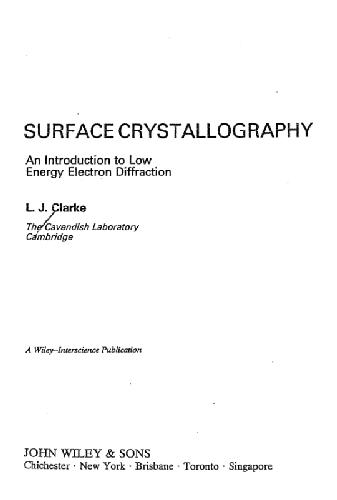
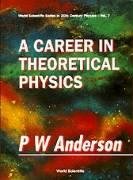
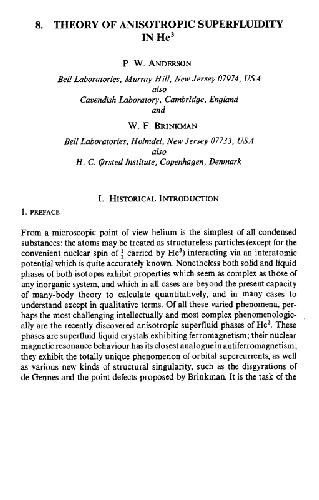
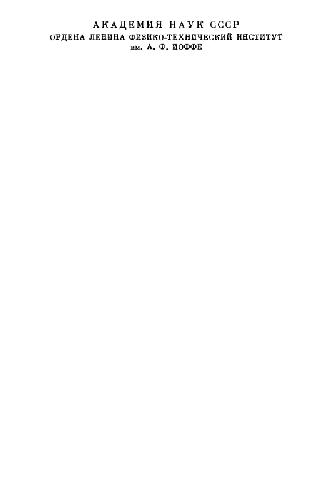
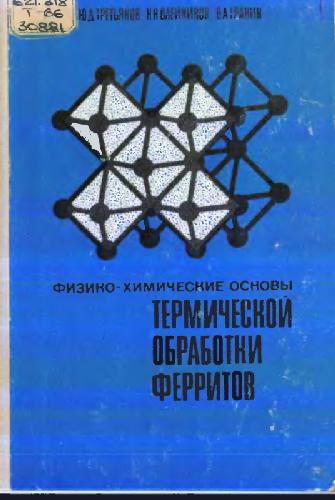
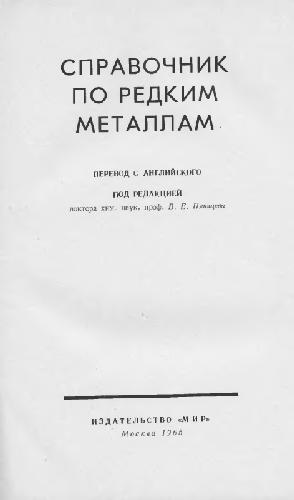
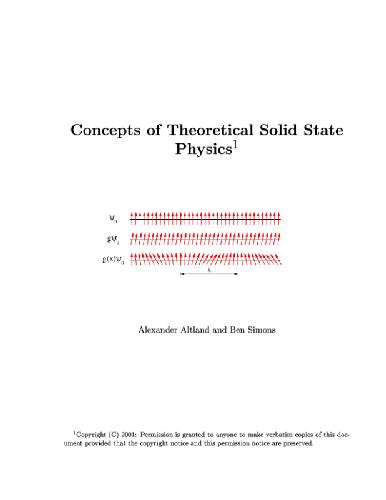
Reviews
There are no reviews yet.